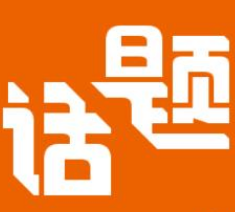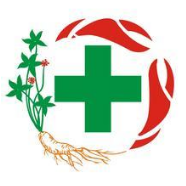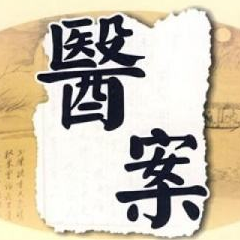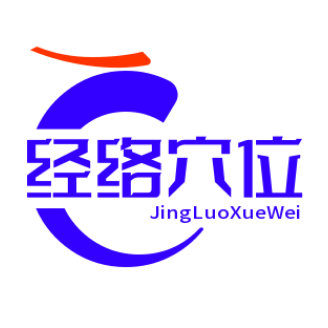The mysteries and profoundness of traditional Chinese medicine are often astonishing, as if it were a realm of both mystery and mystery. However, for many people with a limited understanding of traditional Chinese medicine, it seems that they can also comprehend some things from daily life.
There is a saying that goes, 'I don't know how easy it is, but it's not enough to say too much about medicine.'. What is the philosophy behind this sentence? In fact, the "Yi" mentioned here is not the "Yi" of the Yi Jing and Yi Gua, but the "Yi" of change and transformation. In traditional Chinese medicine theory, the movement of the five internal organs, six internal organs, meridians, qi, and blood in the human body emphasizes the word "harmony". If there is a problem in a certain part of the human body, it can lead to overall imbalance, leading to diseases. Therefore, an excellent doctor must possess a global perspective, assess the situation, and adapt to circumstances in order to grasp the essence and solve the difficulties of the ever-changing illness.
中医的奥妙与博大精深,往往令人瞠目结舌,仿佛是一种玄之又玄的境界。然而,对于许多对中医一知半解的人来说,似乎也能从日常生活中领悟到一些东西。
有一句话说,“不知易,不足以言太医”。这句话的背后蕴含着怎样的哲理呢?其实,这里所说的“易”,并非易经、易卦的“易”,而是变易、变革的“易”。在中医理论中,人体内部五脏六腑、经络气血的运行,都讲究一个“和”字。如果人体的某个环节出现问题,就会导致整体失衡,从而引发疾病。因此,一个优秀的医生必须具备全局观念,审时度势,随机应变,才能在千变万化的病情中抓住本质,解人之难。



110X110.png)
110x110.png)






请登录之后再进行评论